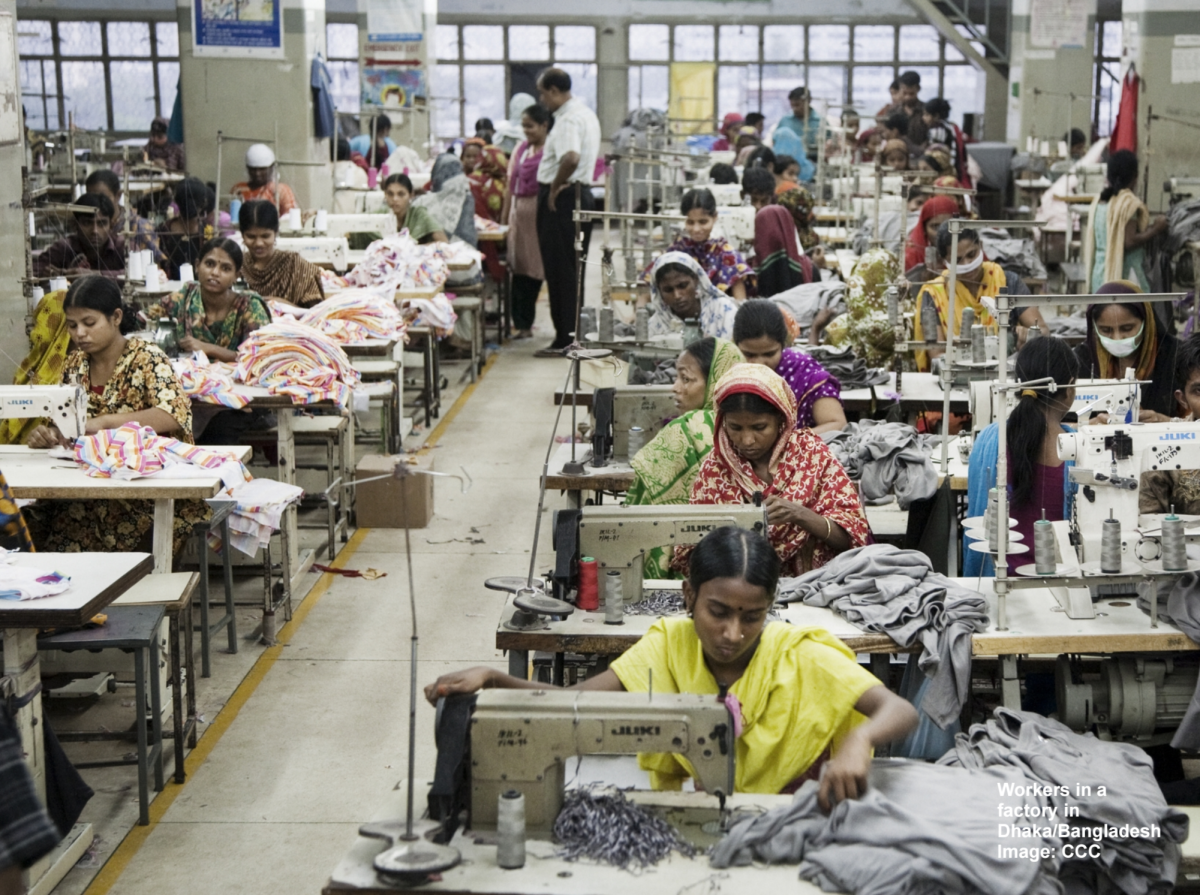Fast fashion is a term used to describe clothing that is produced quickly and inexpensively to keep up with the latest trends. While this may seem like a great deal for consumers, the real cost of fast fashion is much higher than the price tag. It comes at the expense of the health and safety of garment workers.
Exploitative Labor Conditions
Labor rights groups that report on dangerous and exploitative conditions for workers in fast fashion factories include the Clean Clothes Campaign, the International Labor Rights Forum, and the Worker Rights Consortium. These organizations have documented numerous cases of labor exploitation, including low wages, long working hours and unsafe working conditions.
The Clean Clothes Campaign, for example, has reported that garment workers in countries like Bangladesh and Cambodia are often forced to work in buildings that are structurally unsound, putting their lives at risk. The organization also highlights the environmental impact of fast fashion. It notes that the rapid production of cheap clothing leads to overconsumption and disposability.
The International Labor Rights Forum has similarly documented labor exploitation cases in the fast fashion industry. It focuses on the role of multinational corporations in perpetuating these violations. The organization has also advocated for greater transparency and accountability in the fashion industry, urging brands to adopt the principles of the Bangladesh Accord on Fire and Building Safety.
One worker from Bangladesh stated, “We are always afraid that the building might collapse on us at any moment. But we have no choice but to continue working in these unsafe conditions because we need the money to survive.”
Environmental and Social Impact
The impact of fast fashion goes beyond the workers themselves. The rapid production of cheap clothing leads to a culture of disposability and overconsumption. This contributes to environmental issues such as pollution and waste. It also perpetuates a cycle of poverty for the workers who are producing these garments.
One example of a fast fashion brand that has come under scrutiny for its labor practices is Shein. According to an investigation by the Business & Human Rights Resource Centre, Shein has been linked to labor abuses in its supply chain, including low wages and excessive overtime for workers.
Consumer Responsibility
As consumers, it’s important to consider the ethical and environmental implications of our clothing choices. Supporting fair and eco-friendly fashion helps ensure that garment workers are treated fairly and that we protect our planet.
As students at Delta State, we have the power to make a difference. By educating ourselves about the true cost of fast fashion and making more conscious shopping decisions, we can support a more ethical and sustainable fashion industry. For example, companies like Patagonia, Reformation and Everlane are known for selling fair and eco-friendly fashion.
It’s time to rethink our shopping habits and consider the real cost of fast fashion. Let’s work towards a future where fashion is not only stylish, but also ethical and fair for all.




